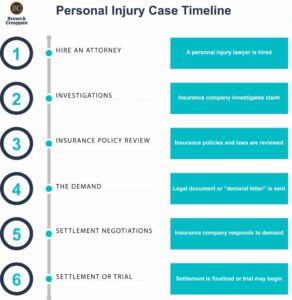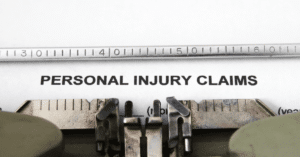If you are unsure about what a deposition is. By definition, a deposition is the legal term for a formal, recorded, question and answer session which occurs when the witness is under oath. The deponent’s attorney will be able to ask follow-up questions and object as they see fit. There will be a court reporter present and sometimes a videographer present as well.
Before the deposition takes place, oftentimes the Plaintiff has completed interrogatory answers. In preparation for the deposition itself, it is advised that you review those answers to ensure consistency and clarity during the deposition. The interrogatory questions will be like those asked in the deposition. In most cases, what you say during your deposition testimony can be used in court at a later date – that is if your case does not resolve prior to trial.
As seen in TV shows, the deposition may seem like an interrogation method. Do not be fooled, it is not like this in real life. Most attorneys that are the deposing attorney will treat the deponent with respect, be professional, and polite.
Regarding the topics to be discussed in a deposition, the following is a general breakdown of what is usually asked:
- Personal information such as name, address, and occupation.
- Incident information in the deponent’s words of how the incident occurred and the specifics of everything that they can remember like weather, any witnesses, what was said between parties, etc.
- Injuries: Questions about specific injuries sustained, where they went for treatment, where they went for ongoing treatment, any surgeries and how those injuries had affected daily life.
- Prior physical condition: The deposing attorney will want to know if you had had any prior injury to those parts of the body affected by the incident at issue.
- How the deponent’s life has been affected and changed since the incident.
Your attorney is there to help guide you through the process as well as address any concerns or questions you have about the deposition. Remember to be respectful to all parties, stick to the facts, and remain consistent with your answers. Take time in answering and do not rush yourself. Most importantly, stay truthful. Lean on the paralegal and attorney for guidance, they will assist you in navigating this crucial part of the claim.








